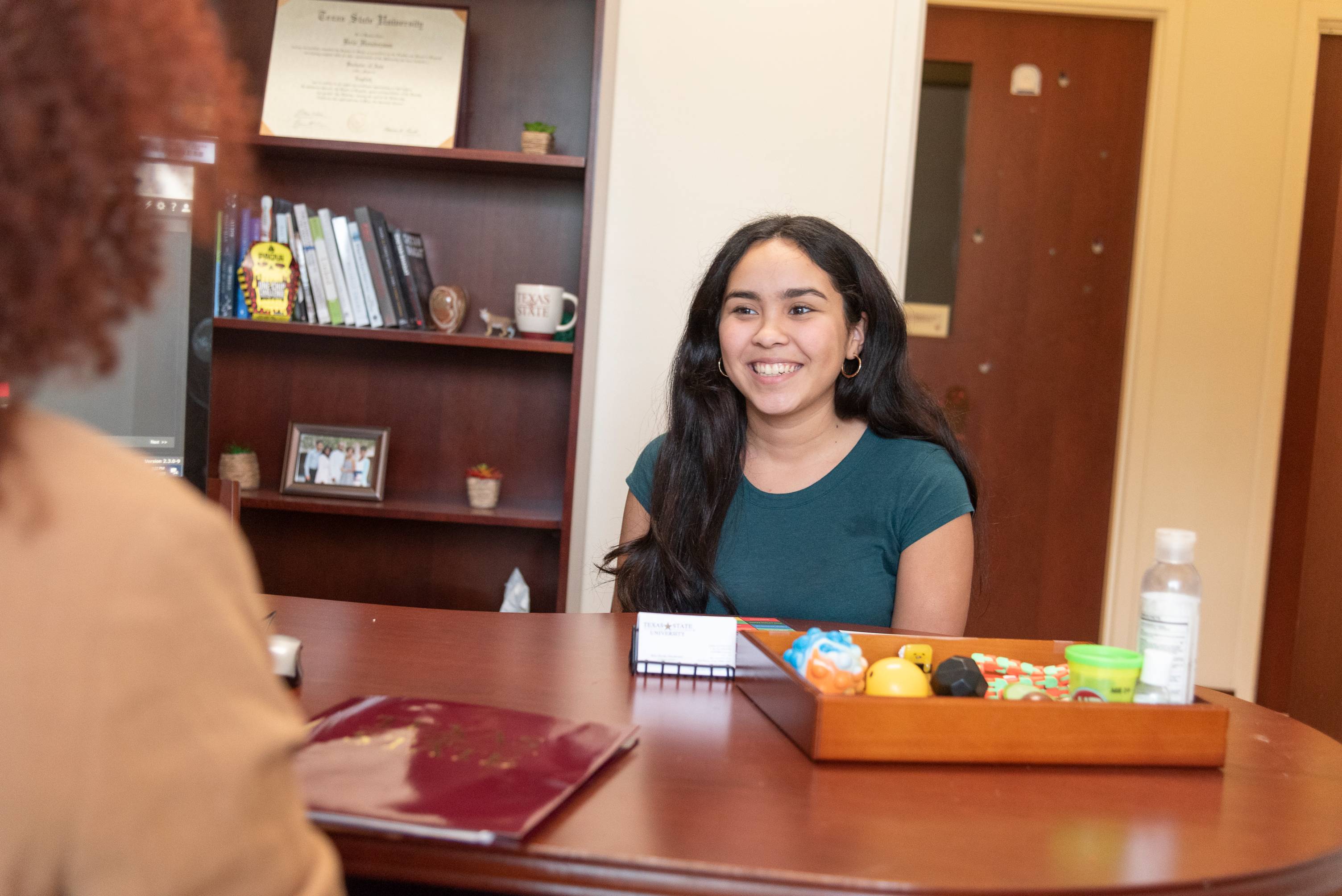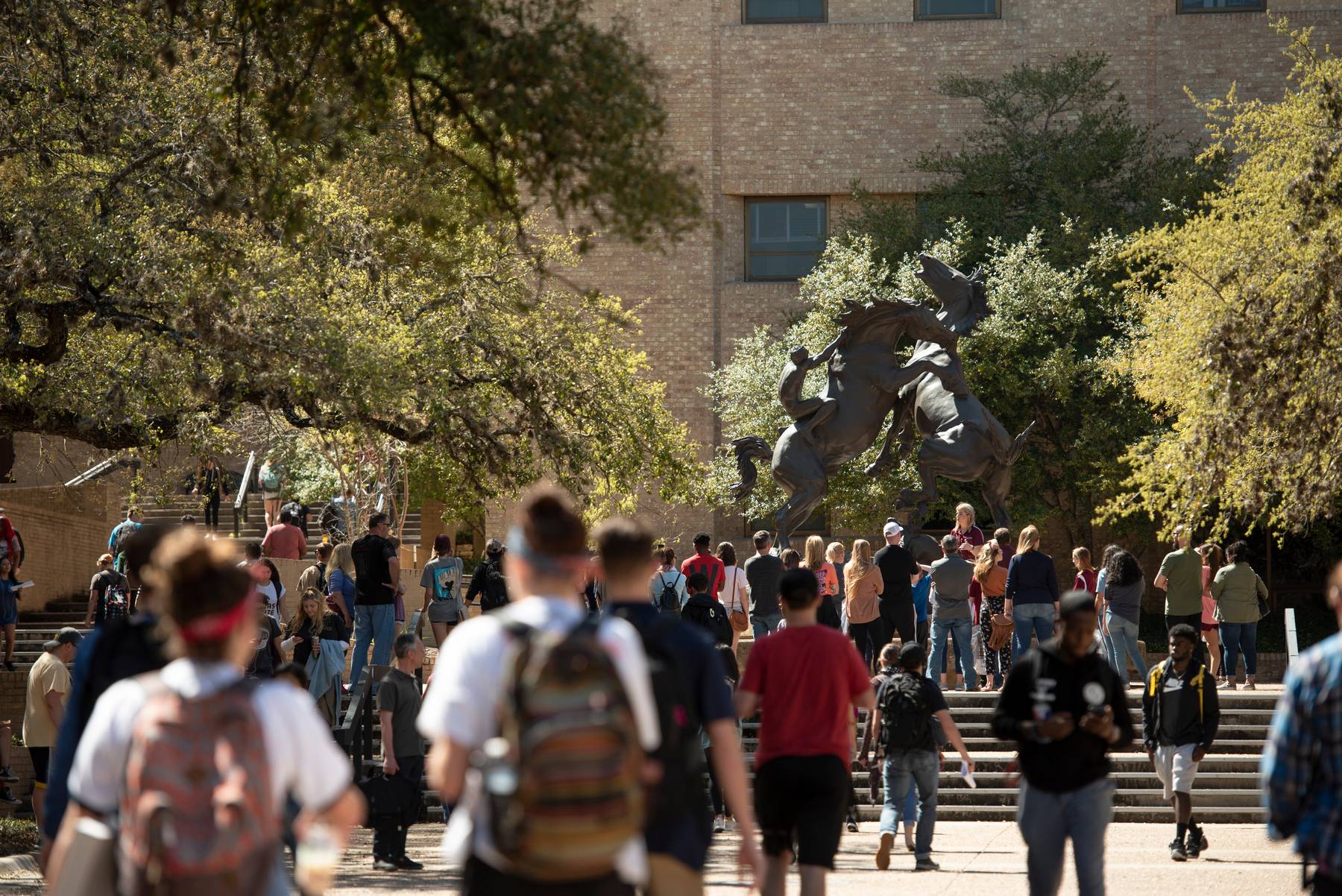Texas State University is committed to building a robust and holistic academic advising ecosystem that supports students from the moment they are accepted through post-completion success.
In 2022, NACADA consultants submitted a report on advising at TXST. Their recommendations emphasized the need for greater consistency, stronger advisor support, and a more student-centered approach. In 2024, the Academic Advising Task Force (AATF), charged by Provost Aswath and led by Senior Vice Provost Vedaraman Sriraman, reviewed this report and developed five goals to strengthen advising across the university. These recommendations have since been approved by the Provost.
A central element of this vision is a collaborative partnership between Academic Advising and Transitions (AAT), the Colleges, and Divisional partners — combining centralized support and resources with college-level expertise to ensure every Bobcat has access to advising that is both coordinated and responsive.



